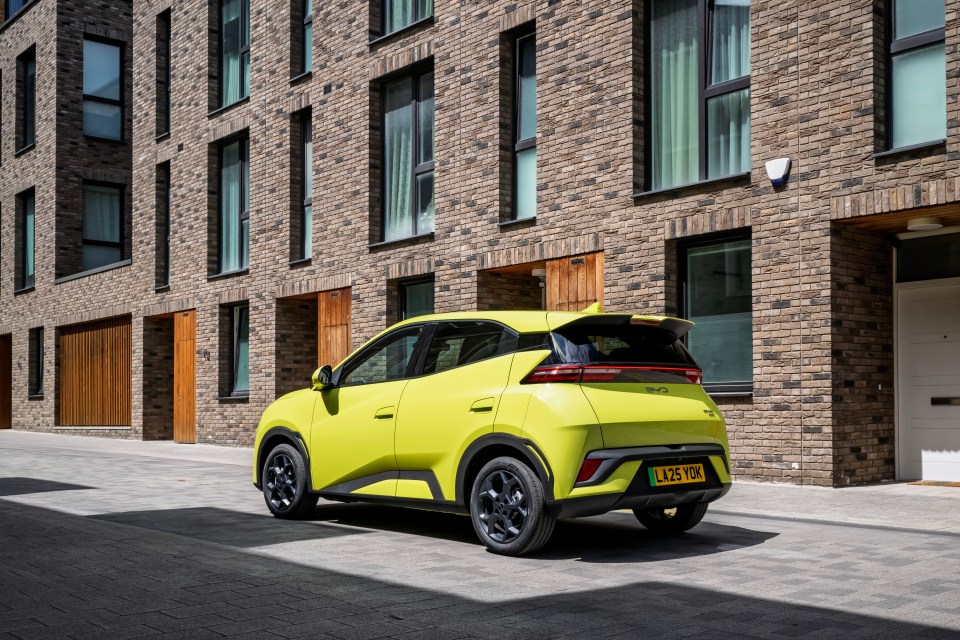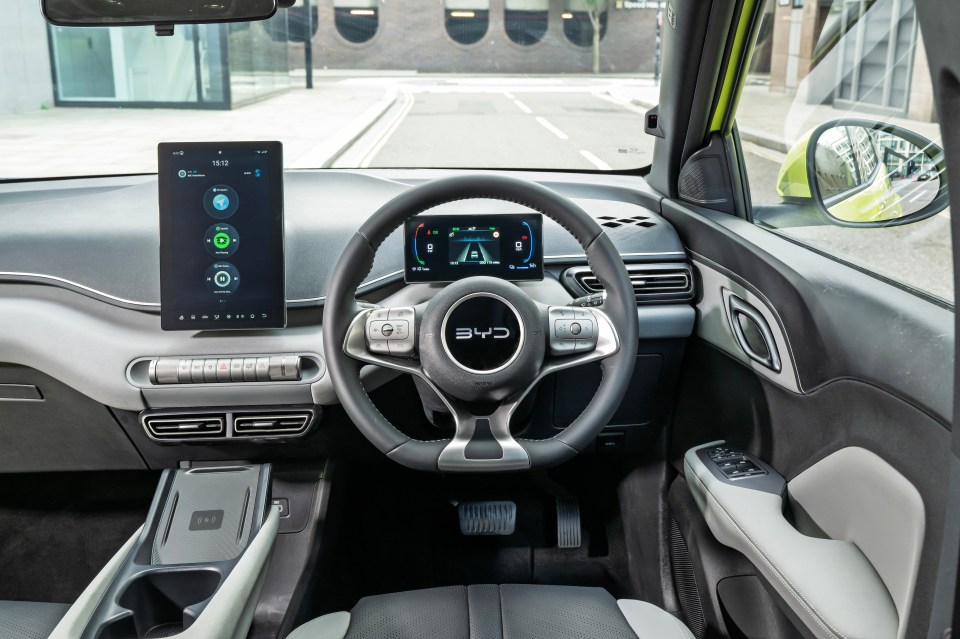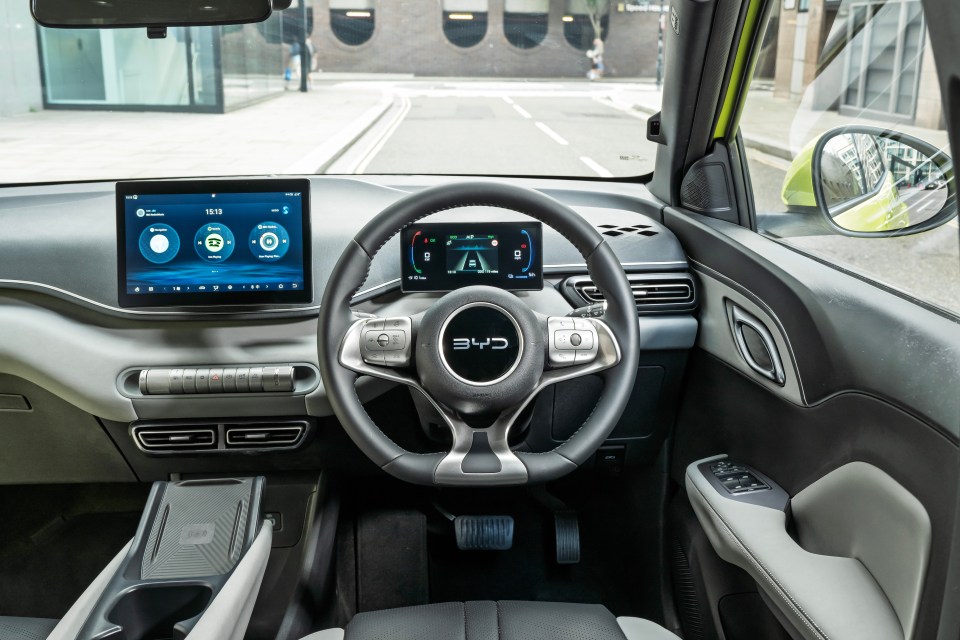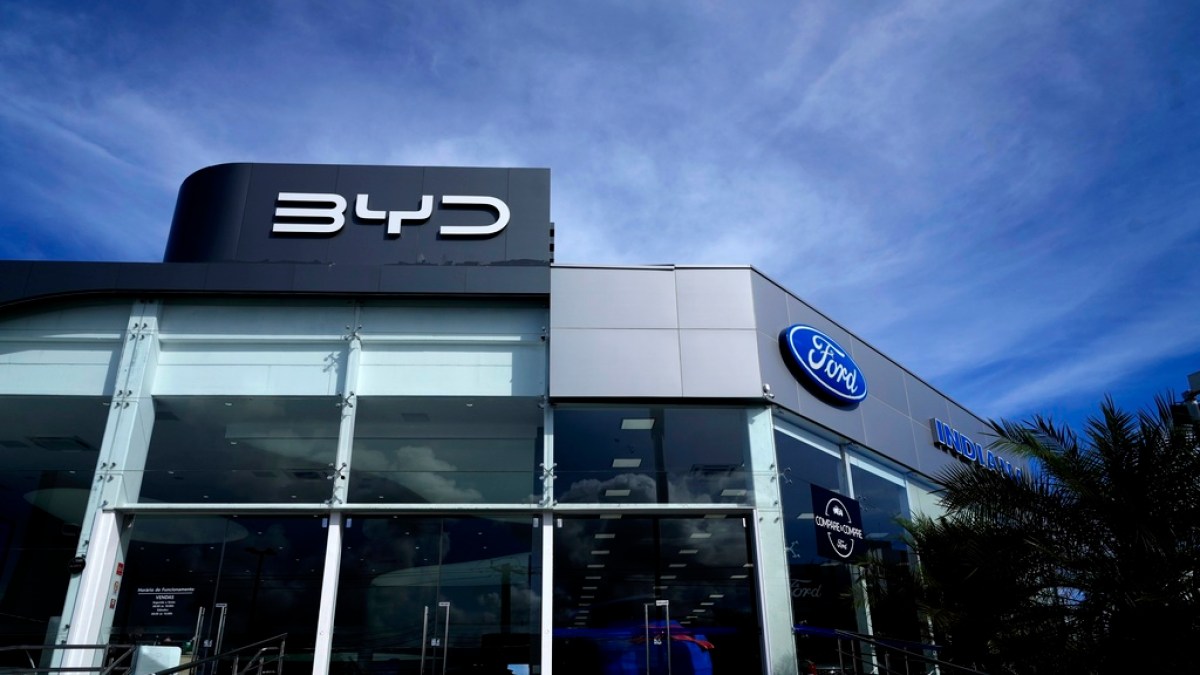BYD Stock Is Down Significantly — Is This Electric Vehicle Giant Still Worth Holding?
BYD shares trade at a big discount to Tesla.
BYD (BYDDY -1.09%) produces far more vehicles than Tesla. But you wouldn’t be able to tell based on stock prices alone. The Chinese electric vehicle maker’s market cap is around $990 billion, while U.S.-based Tesla is valued at more than $1.3 trillion.
Part of the valuation gap is explained by BYD’s recent struggles. Shares are down 20% in value since May. Tesla stock, meanwhile, has gained more than 40% in value over that time period. Is this your chance to buy BYD at a rare discount?
There’s no doubt that shares look compelling. But there are two critical factors to consider before jumping in.
1. Warren Buffett changed his mind about BYD
Legendary investor Warren Buffett was one of the first major investors in BYD. He first acquired shares 17 years ago, paying $230 million for a 10% stake in the business. It wasn’t actually Buffett that spotted the opportunity, but rather his longtime business partner, Charlie Munger.
Earlier in its history, BYD was focused on battery technology. Through vertical integration and affordable labor in China, the company was able to keep costs low, leading to major customer wins. It launched its first vehicles in 2003, gradually expanding its portfolio to include two of the most popular EVs in the world. This year, analysts expect the company to produce more EVs than Tesla, making it the number one EV maker worldwide.
Over the last 17 years, Buffett has made more than 2,000% on his original investment. This year, however, he liquidated his entire position. Why? Even though it has massive scale, BYD is still primarily a Chinese company. Around 80% of its sales are domestic, a reality that creates two critical headwinds.
First, the Chinese economy has been gradually slowing. Last year, GDP in the country grew by just 5% — one of the lowest figures in decades. Accordingly, BYD’s domestic sales have struggled in 2025, leading to a sales forecast cut by management.
Second, the Chinese government has a heavy influence on BYD. The company has received significant financial support from the government over the years. But that generosity may be ending. BYD failed an audit this summer, which may force it to repay more than $50 million in subsidies. The Chinese government’s involvement in the auto industry has ramped up this year, with the ultimate results still uncertain.
Buffett hasn’t yet commented on his stake sale. But with rising political uncertainty and a shaky domestic market, it appears as if the Oracle of Omaha has had enough with this long-term position.

Image source: Getty Images.
2. Don’t compare BYD to Tesla
Due to China’s sluggish GDP and falling population growth, it will be difficult for BYD’s sales to maintain historical growth rates over the long term without expanding international sales aggressively. Increasing regulatory oversight may complicate efforts to do so, but BYD is making moves to shift its focus away from China.
A recent deal with Uber Technologies, for instance, attempts to make its vehicles more accessible to drivers in Europe and Latin America. The deal also paves the way for BYD to help power Uber’s robotaxi division in certain parts of the world.
On the surface, now looks like a compelling time to pick up BYD shares. While challenges exist, the company has an impressive manufacturing base, with the ability to sell cars at a price point that few competitors can match at scale. Its recent Uber deal, meanwhile, gives it exposure to the robotaxi market, which could eventually be worth more than $5 trillion globally.
Add in that shares trade at roughly 1 times sales versus Tesla’s valuation of nearly 17 times sales, and it’s not hard to get excited. Here’s the problem: BYD isn’t Tesla. Tesla, for instance, has a leading position in the robotaxi market, making it far more than a simple auto manufacturer. BYD’s position in the market is simply as a supplier to operators like Uber.
Is BYD stock a buy today? Patient investors comfortable with Chinese regulatory uncertainty may think so. But the valuation gap between BYD and Tesla shouldn’t be a motivating factor. These are two very different businesses.
Ryan Vanzo has no position in any of the stocks mentioned. The Motley Fool has positions in and recommends Tesla and Uber Technologies. The Motley Fool recommends BYD Company. The Motley Fool has a disclosure policy.





